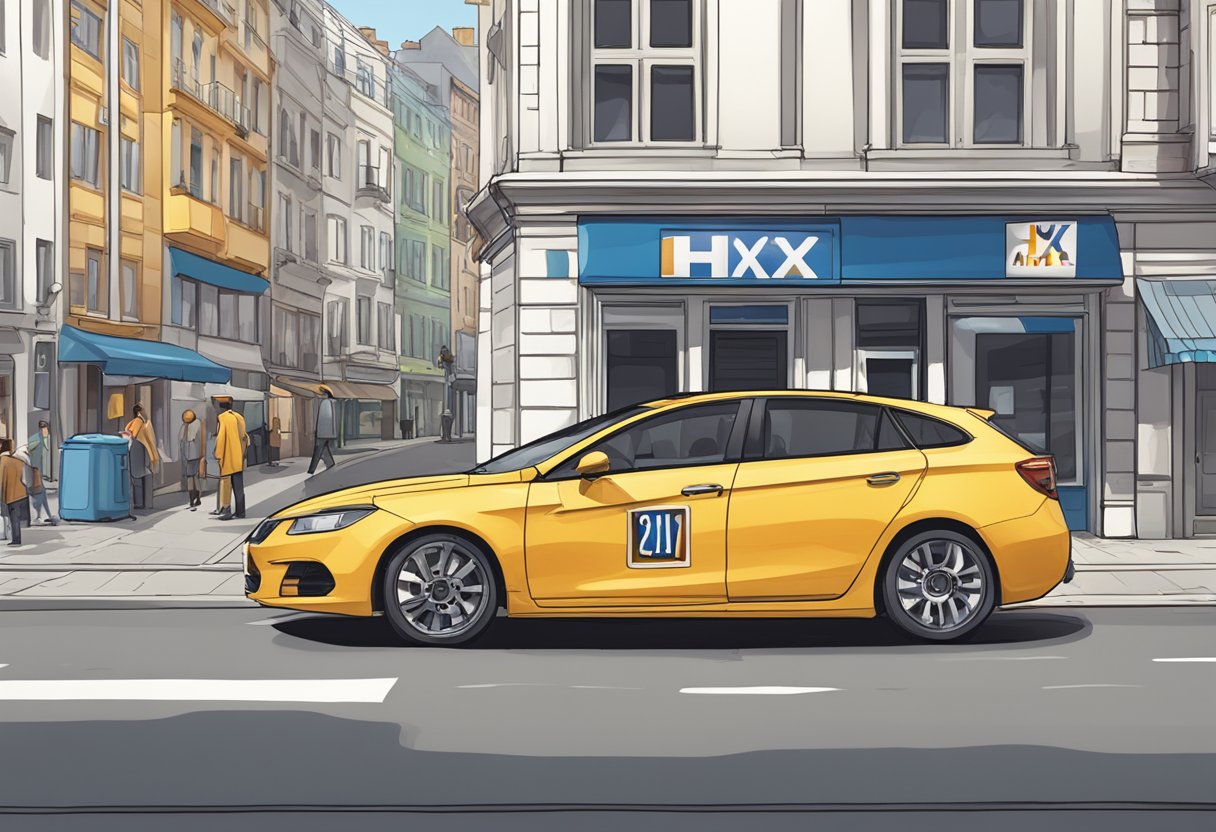Understanding EV Maintenance Cost Comparison: Is It Worth It?
Explore the nuances of EV maintenance costs compared to traditional vehicles and uncover potential savings with electric vehicles.

Introduction to EV Maintenance Costs
As electric vehicles (EVs) gain popularity, many prospective buyers ponder the total cost of ownership beyond the initial purchase price. One vital aspect that significantly impacts overall expenses is maintenance. This article delves into the EV maintenance cost comparison with gasoline cars, helping consumers make informed decisions.
What Affects EV Maintenance Costs?
When evaluating the maintenance costs of EVs versus traditional gasoline vehicles, several factors come into play:
- Fewer Moving Parts: EVs have fewer mechanical components, which can lead to lower maintenance needs.
- Battery Maintenance: While batteries require occasional checks and monitoring, the cost can be offset by longevity.
- Brake Wear: Regenerative braking systems in EVs contribute to significantly reduced brake wear.
- Software Updates: Maintenance of EVs often includes software updates that can enhance performance and efficiency.
- Warranty Considerations: Many EV manufacturers offer extended warranties on key components, reducing potential out-of-pocket expenditures.
Breakdown of EV vs. Gasoline Vehicle Maintenance Costs
To better understand the EV maintenance cost comparison, it’s useful to break down the average costs associated with maintaining both vehicle types.
Annual Maintenance Costs
- Electric Vehicles: On average, EV maintenance costs range from $300 to $600 per year.
- Gasoline Vehicles: Owners can expect to pay between $500 and $900 annually for maintenance.
Specific Maintenance Items
Here are some specific categories to compare:
- Oil Changes: EVs do not require oil changes, while gasoline vehicles need them every 3,000 to 8,000 miles, costing about $30 - $100 each time.
- Brake Pads: EVs experience less wear due to regenerative braking. Brake replacement for EVs may occur every 60,000 to 80,000 miles, while gasoline cars typically replace them every 30,000 to 50,000 miles.
- Battery Costs: While the initial cost of EV batteries is high, they are designed for longevity, often exceeding 100,000 miles before needing replacement, with average costs ranging from $5,000 to $7,000.
- Cooling System Maintenance: EVs may require coolant fluid to be replaced every 5 years or 100,000 miles, while gasoline cars need more frequent inspections and replacements.
Long-Term EV Maintenance Savings
When considering an EV maintenance cost comparison, it’s essential to factor in long-term savings:
- Longevity of Components: EVs often have longer-lasting components, leading to less frequent repairs compared to gasoline vehicles.
- Fuel Saving: The cost of electricity per mile is generally lower than gasoline, meaning savings at the fuel pump can contribute to overall maintenance cost reductions.
- Tax Incentives: Some regions offer tax breaks or rebates for EV maintenance, further lowering the cost of ownership.
- Incentives on Repairs: Many manufacturers offer free or discounted service plans that cover regular maintenance for a certain period or mileage.
The Hidden Costs of EV Ownership
Though EVs present potential savings, it’s critical to consider hidden costs that may influence maintenance costs:
- Charging Installation: Home charging stations can cost $500 to $2,000 to install, depending on electrical upgrades needed.
- Charging Fees: While home charging is economical, public charging can be more costly and varies based on location and electricity rates.
- Insurance Rates: Premium rates for EVs are often higher than those for gasoline vehicles due to the higher cost of repairs and parts.
- Depreciation: Understanding EV depreciation rates is crucial as they tend to depreciate faster in the first few years compared to gasoline vehicles, impacting overall ownership costs.
Conclusion: Is the Switch Worth It?
Deciding whether to invest in an EV involves weighing initial costs against long-term savings. While EV maintenance costs are generally lower than gasoline vehicles, individual factors such as driving habits, local charging options, and personal preferences can influence the ultimate decision. As EV technology continues to evolve and infrastructure improves, owners are likely to see even greater savings and simplicity in maintenance.
Before making the switch, consider conducting a specific cost analysis based on your circumstances, as EV maintenance costs may vary significantly by region and vehicle model.
New posts

The Rise of E-Mobility Start-Ups: Transforming the Future of Transportation
Electric Vehicles

Understanding the Percentage of Electric Cars in Norway: A Comprehensive Analysis
Sustainability

Exploring Electric Car Battery Swap Stations: A Revolutionary Solution for Sustainable Transportation
Electric Vehicles

Latest E-Mobility News: Trends, Innovations, and Insights
Sustainability

The Future of Performance: Exploring Audi Quattro Electric Technology
Sustainability

Understanding Bio Hybrids: Revolutionizing Biotechnology
Technology

Bio Hybrid vs Electric: Which Is the Future of Sustainable Driving?
Innovation

Exploring the Audi Quattro Electric Range: Performance, Efficiency, and Features
Electric Vehicles

Audi Quattro Electric vs Tesla Model Y: A Comprehensive Comparison
Electric Vehicles

What to Expect from Bio Hybrid Cars in 2025
Sustainability
Popular posts

The Rise of Polestar Motorcycles: A Comprehensive Look at This Exciting New Player
Sustainability

Maximize Your EV Experience with a Wallbox Garage: All You Need to Know
Home Improvement

Exploring NIO Power Swap Stations: Revolutionizing EV Ownership
Sustainability

Exploring Apple Project Titan: The Future of Autonomous Vehicles
Innovation

How Do Electric Car Incentives Work? A Detailed Guide
Sustainability

The Rise of Eco-Friendly SUVs: What You Need to Know
Sustainability

Hydrogen vs Electric Cars: A Comprehensive Comparison
Sustainability

The Latest Insights and Trends in EVNews: Your Go-To Source for Electric Vehicle Updates
Sustainability

Unveiling the Latest E-Mobility Trends in Europe
Technology

Exploring the World of EV Magazines: Your Ultimate Guide
Sustainability